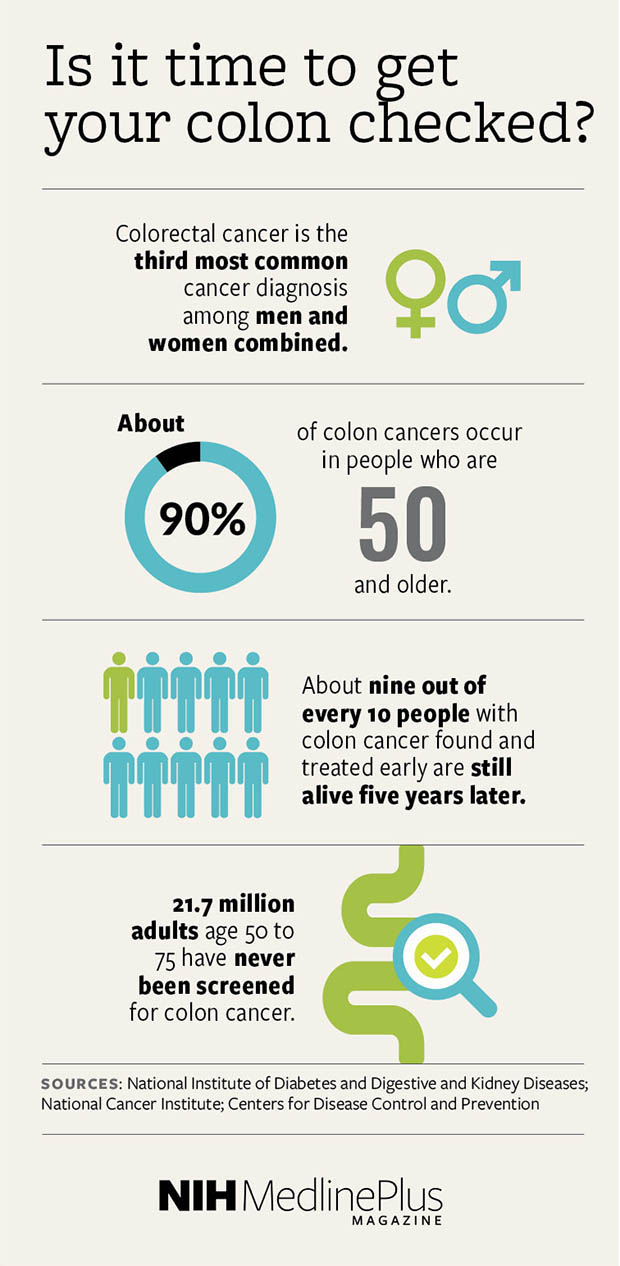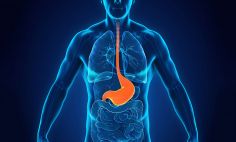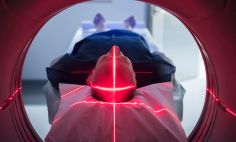Health Topics
Skip to main content

Colorectal Cancer


Is it time to get your colon checked?
Colorectal—or colon—cancer is one of the most common cancers in the U.S. It's also one of the most treatable, especially if detected early.
Screening can not only detect colon cancer early but also can reduce your risk of developing colon cancer by finding and removing colon polyps, some of which can progress to cancer. Most medical groups recommend that people at average risk of colorectal cancer get screened regularly beginning at age 50 with a either a colonoscopy or an at-home test. However, you may be advised to start earlier if you or a close relative have had colon polyps, an inflammatory bowel disease, colon cancer, or other risk factors. Check with your health care provider to learn when—and how— you should get checked.







